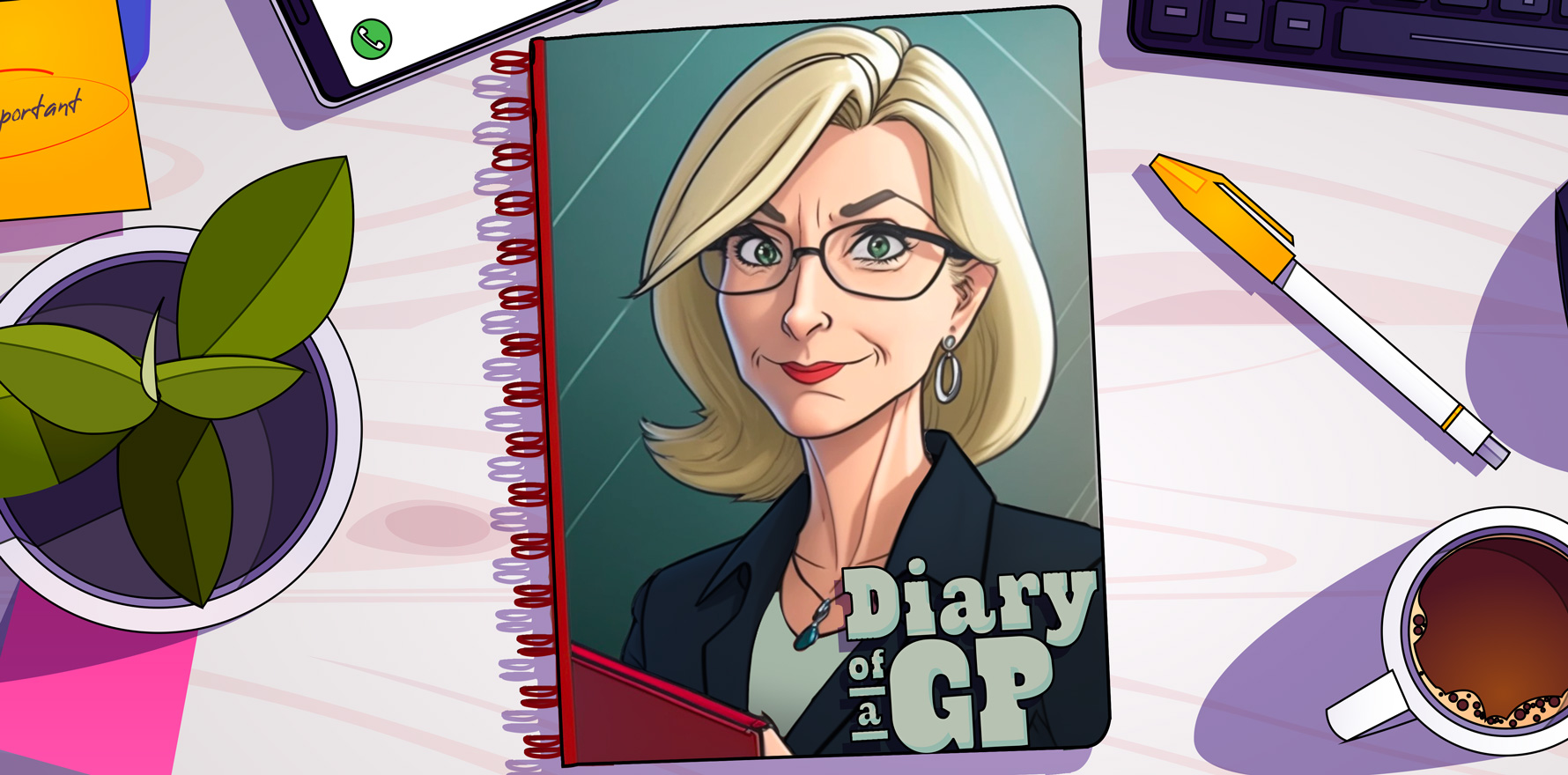Some patients have strength and persistence we can only aspire to.
For better or worse, we as GPs often get to see people’s true nature – a real understanding of what makes an individual tick.
Our encounters may only be 15-minute increments of time but because the subject matter is often so personal and sometimes so life-changing – it is not uncommon to get a significant insight into some of our patients’ personalities, their lives, their challenges and achievements that might be more in keeping with more long-standing or more involved relationships.
This is not always a good thing but more often than not, it’s a privilege. We get to experience other lives vicariously and there is always something to learn from them.
Just this week I’ve had an occasion where I felt as though I was seeing into someone’s mind and, to mix metaphors, I had a real sense of what it must be like to walk in their shoes.
The patient was Jill, whom I see intermittently for her mental illness. I have always treated Jill with sympathy and, I hope, kindness, but it was only this week that I fully realised just what average, everyday life must be like for her.
Jill isn’t a new patient, I’ve known her for a number of years (she used to see one of my colleagues who is no longer at the practice). Jill is about 50 and for over three decades has battled severe OCD – and I mean severe.
The OCD has evolved over the years but is your classic fear-of-contamination variety overlaid with very ingrained anorexia nervosa. She weighs about 40kg, with severe osteoporosis and abnormal liver function tests. She still lives at home with her ageing parents. She has no social life, no hobbies, no interests.
She doesn’t take any medication despite being prescribed an SSRI and other vitamins and minerals – fear of contamination … and weight gain. To say she has tried everything is not an exaggeration – long before I became involved in her care she had seen umpteen psychiatrists, psychologists, clinics, inpatient care, research trials, support groups, various medications and allied health remedies – nothing has helped.
She remains racked with fear, appearing in the waiting room wearing mask and gloves, not willing to sit in a chair, looking terrified.
Whether it’s because she has had so much counselling or whether it is her own intelligence, Jill has incredible insight into her condition. She is fully aware that her obsessions and compulsions aren’t rational; she is also fully aware of what this condition is doing to her physically. She wants to lead a normal life – catch a bus, have a coffee in a café, shop, live independently … live. And she tries, but the fears are overwhelming. And they are now so ingrained.
I have known Jill’s history for some time but it was only this week, when she said “You have no idea the effort it took for me to get here today”, that it really struck me.
This poor, poor girl. Just to walk out of the house to come the block to the surgery was an almost insurmountable challenge. And she has been living this sort of half-life for so long – suffering with so much angst constantly. Her norm is a steady state of fear. It made me want to cry.
And why did she come?
She came, yet again, wanting help to get better. Wanting some semblance of normality. Despite 30 years of living with this and innumerable treatment failures she still wanted to try something – anything.
You could say it is desperation rather than hope, but nonetheless I believe Jill is courageous. I’m not sure I wouldn’t have given up by this stage. Based on history alone she’d have to be sceptical about the chance of success of any treatment that I might have to offer, but she’s willing to try.
I couldn’t help but think of that definition of courage from my all-time favourite book To Kill a Mockingbird – the one where Atticus says real courage is “where you know you’re licked before you begin but you begin anyway”.
In her mind, she has to keep trying, she has to keep beginning, and I will do my best not to let her down. We talked about a plan, with short-term and long-term goals. Realistic targets. Appropriate referrals. Priorities for treatment – starting with reducing the anxiety through pharmacotherapy, even as a trial for three months – if she’ll take the medication.
Will it work? I have no idea but if it helps even a little we’ll take that. Jill has been battling this illness so hard and for so long she really deserves a break.
If sympathy, empathy and admiration had curative powers she’d be better by now, but they’re not, and what I do have to offer medically seems woefully inadequate – but if Jill hasn’t given up hope, I’m certainly not going to.
Jill has taught me that.




